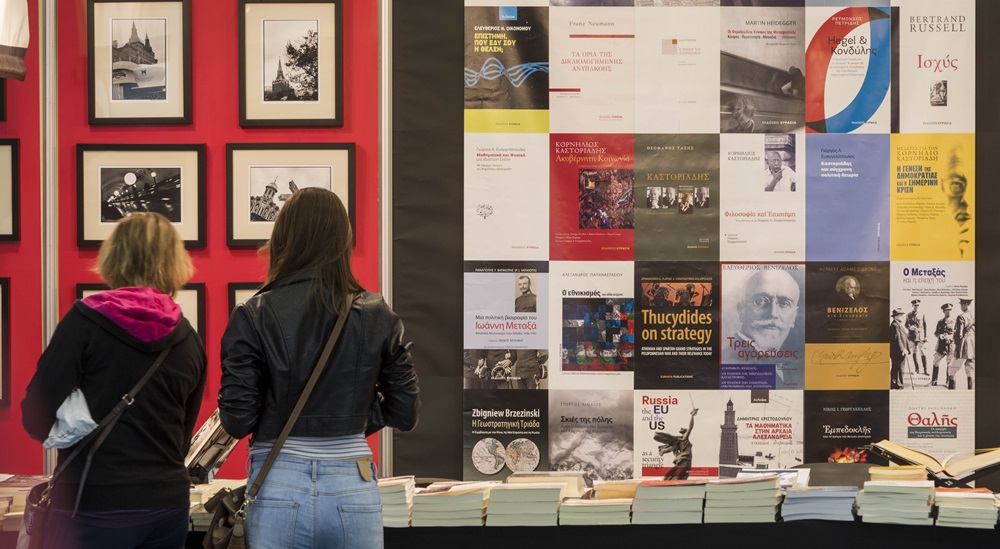
Diversity and coexistence are the elements that characterised this year’s 20th Thessaloniki International Book Fair, which took place from 16 to 19 May.
The halls were full of people, where all kinds of discussions and events were held, with the attendance of people increasing from the first day of the exhibition and peaking at the weekend. Novels, science fiction, science books, poetry, children’s books, history, philosophy, psychology, essays, religions, gender identity, feminism, all have their place and their audience in an event that listens to contemporary challenges and concerns and prioritises dialogue and inclusion.
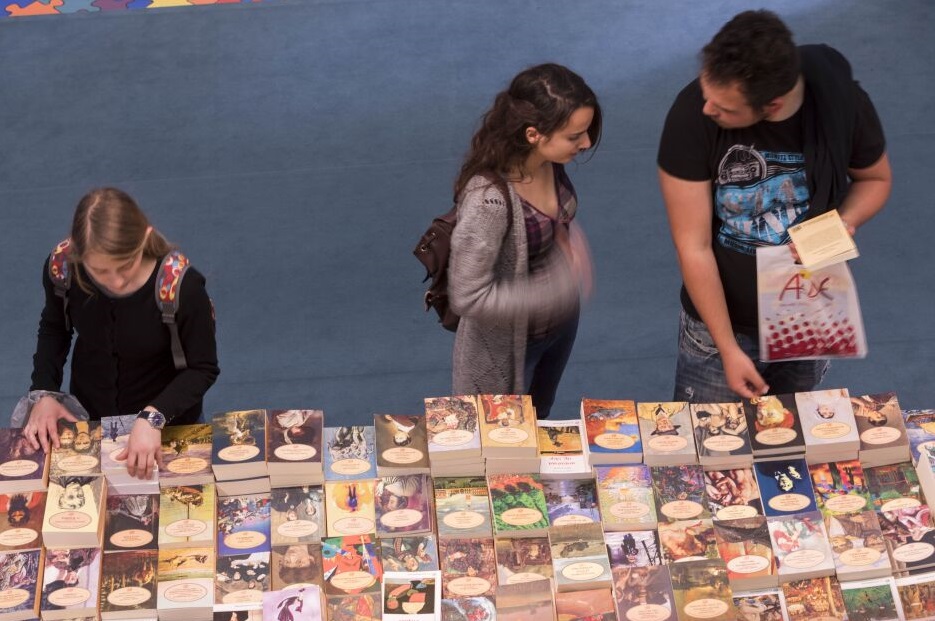
The attendance this year was 85,000 people, which is satisfactory, if one takes into account the football match and the closing of the city centre, which “prevailed” with 1-0 against the expected large numbers of Sunday visitors to the exhibition.
With Sharjah, one of the seven emirates of the UAE, being honoured this year, the Thessaloniki International Book Fair opened a dialogue with the Arab world, with a focus on the regions of the Arab world that have been affected by the wars. Moreover, many translated books were included in the event, including literature of trauma, the Syrian issue, recent publications on the Palestinian issue and readings of poems from Palestine, the refugee crisis, and understanding between peoples.
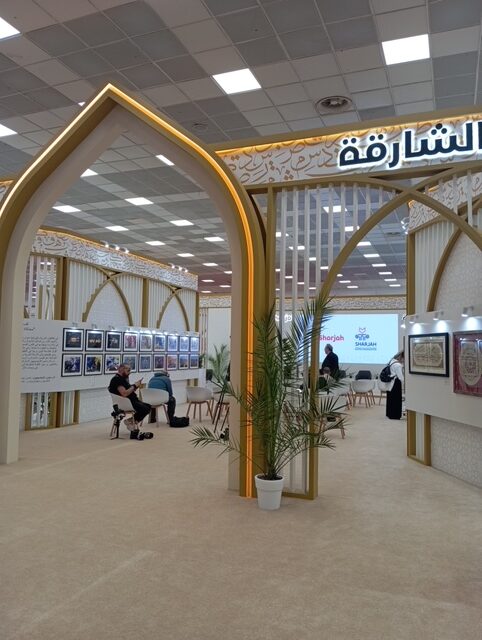
The presence of women was dynamic both in the events of the honoree and in the general programme of the exhibition, with discussions on the tools for the empowerment of women in publishing, organised by the PublisHer network, and in many events of the programme on issues of translation, attribution, feminism and gender identity or on women in literature. In the professional programme, women from many countries around the world, including Arab countries, sought new perspectives with the common assumption that, despite significant steps, our societies remain patriarchal and perpetuate gender stereotypes.
More than 30 book professionals from abroad, as well as members of the ENLIT translation network, were also present at the Dialogue Centre of the Thessaloniki International Book Fair, in meetings with Greek publishers and book professionals to inform them about Greek book production and the rights market. As for tools to empower publishers, and given the difficulty of translating less widely used languages, the initiative of the Emirates Publishers Association to establish the Training Centre for Publishers was mentioned as a good practice, so that before participating in an international exhibition or pursuing an international collaboration, they are already well informed about the literature and publishing landscape of other countries.
The cooperation with cultural and educational institutions of Thessaloniki, such as the Vafopouleio Cultural Centre, the AUTh, the Central Municipal Library, the Central Municipal Library, the Municipal Theatre of Thessaloniki, the MOMus Museum of Contemporary Art, the Museum of Photography, the History Centre, the Museum of the Macedonian Struggle, the Thessaloniki International Film Festival, etc. The institutions organized or hosted events either at the exhibition site or at their premises with various manifestations.
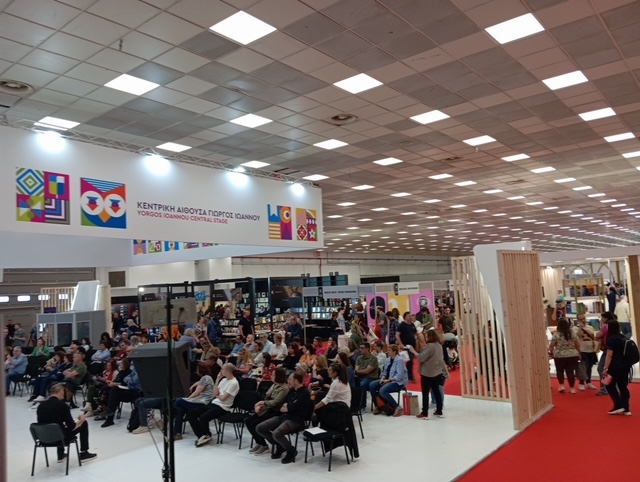
The President of the Hellenic Foundation for Culture, Mr. Nikos Koukis, described this year’s Thessaloniki International Book Fair as optimistic, stylish, bright and stated: “We are proud of the organization of the 20th anniversary Thessaloniki International Book Fair and the dynamism it has achieved with the valuable assistance of the Region of Central Macedonia, the Municipality of Thessaloniki, Helexpo, publishers, authors and speakers and the cooperation of the city’s cultural institutions. With the dynamism brought by its 2nd professional programme and of course with its substantial, diverse content, the Thessaloniki International Book Fair has positioned itself in the international landscape of books and exhibitions. Collaboration with local, national and international institutions raises its profile and broadens its audience. And this year’s presence of the Arab world, whether in the context of the honoured Sharjah or in events in the general programme, highlights issues of the need for bridges of understanding and dialogue between different cultures in the fight against stereotypes that must be achieved both from one side and from the other, the Western world’s perspective.”
Children’s Corner at the 20th Thessaloniki International Book Fair
Thousands of students and teachers from all levels of education, as well as young children and their parents visited the “Children’s Corner – Teenagers’ Corner – Teachers’ Corner” at this year’s 20th Thessaloniki International Book Fair to discover the wonderful world of fairy tales, participate in interactive events, watch performances, exhibitions and meet some of their favourite authors.
Around 3000 students visited the Children’s and Teenagers’ Corner in the framework of organized visits from 60 Kindergartens, Primary Schools, Secondary Schools and High Schools of Thessaloniki and the surrounding prefectures, participating in events for children and teenagers. The visits of children with their parents and participation in theatrical, musical and artistic events, workshops and games continued throughout the Thessaloniki International Fair.
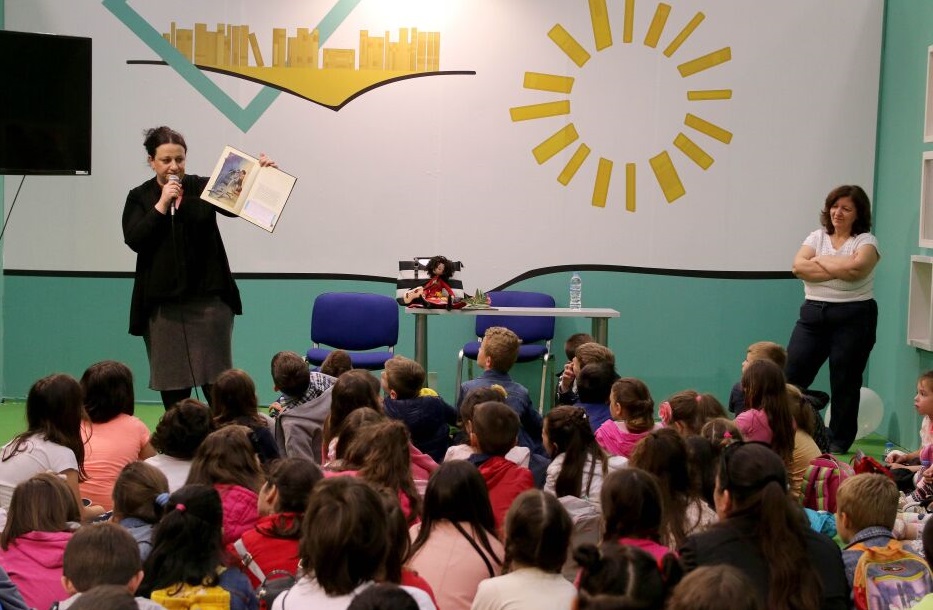
The programme of this year’s event was rich, with 109 events in which authors, illustrators, educators, animators, etc. The illustration exhibition “Copeloudes”, also dedicated to women this year, operated independently and in parallel with the events and was a tool on which both trainers and individual visitors worked with the participation of 50 Greek illustrators who responded with great enthusiasm to create a woman in their own artistic way. The Network for Children’s Rights also participated in the theme on women with events and educational programmes on books and women.
The French illustrator Benjamin Strickler, invited by the French Institute, and the German author Will Gmehling, invited by the Goethe Institute, had the opportunity to meet the young bibliophiles, talk with them about the secrets of their art and receive signed books. Stories from the Thousand and One Nights and tales of the Balkans were presented by the Centre for the Study and Dissemination of Myths and Fairy Tales, both for organised groups of schoolchildren and for the general public, while at its stand it constantly informed the public about its educational activities. At the same time, hundreds of children who visited the Reading Corner came into contact with the myths and fairy tales of Arabic-speaking countries.
Considering the need to improve the area of the Children’s and Teenagers’ Corner, the organization is already in discussions with Helexpo to find the best possible solution for the coming year.

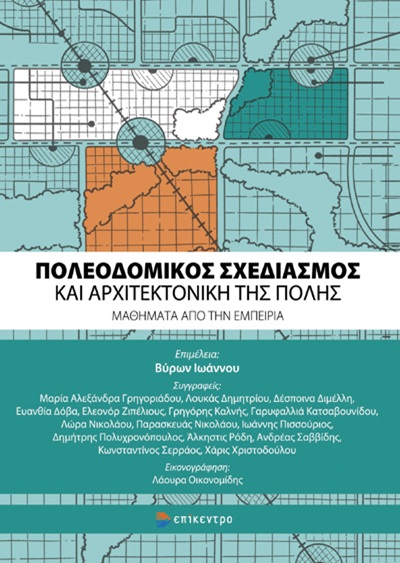

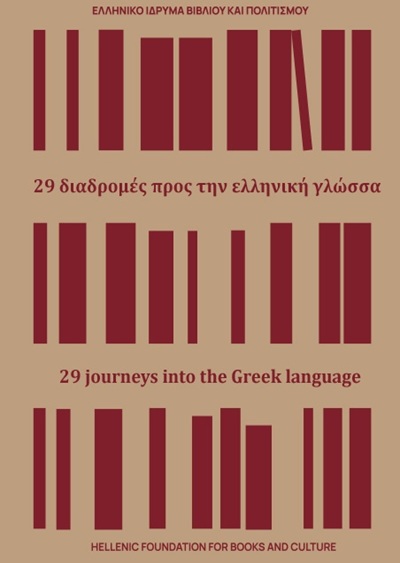



Leave A Comment